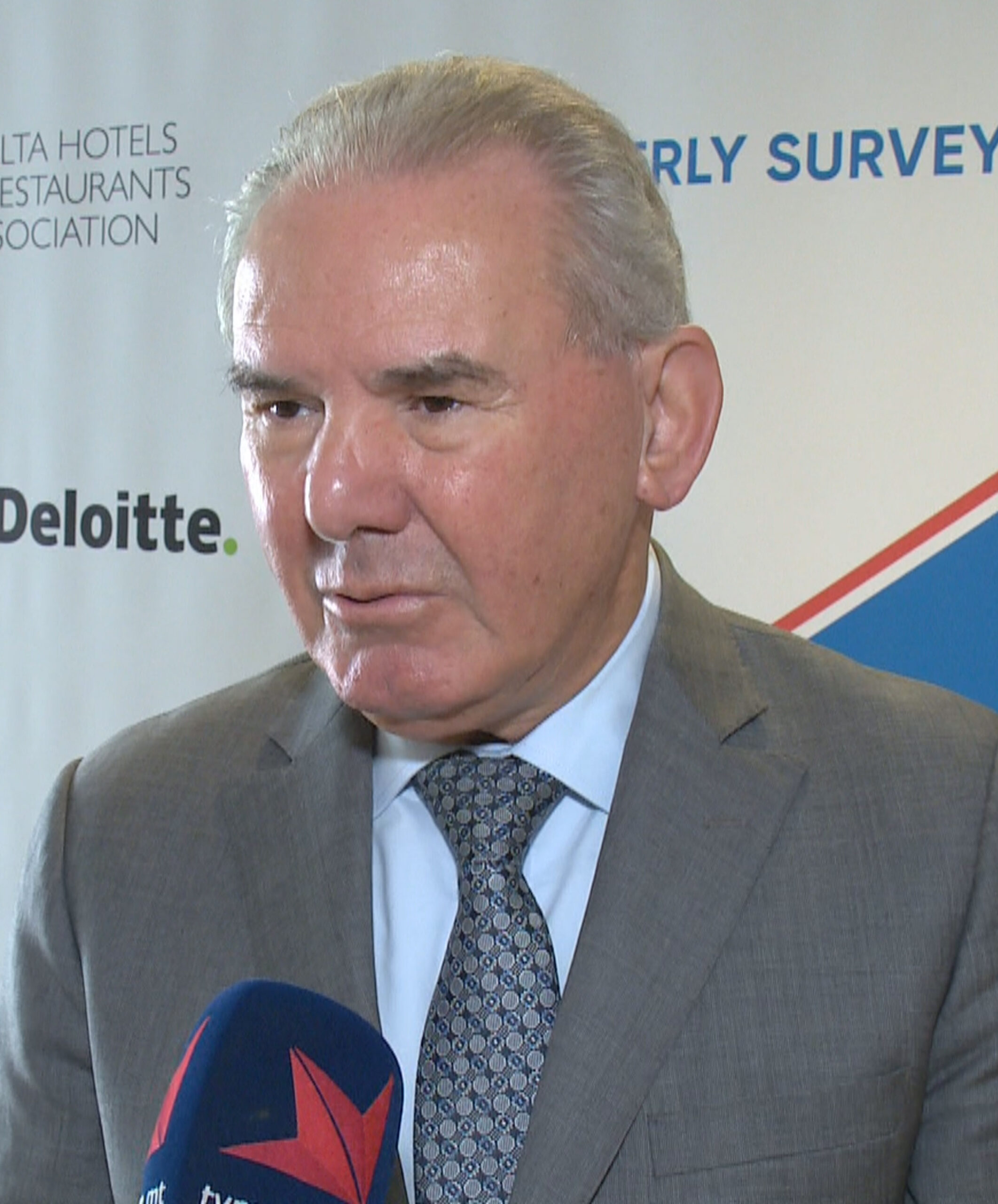
The Imperative for Better Skilled Hospitality Professionals
April 14, 2024

Celebrating Five Years of Excellence: HORECA Magazine’s Unforgettable Anniversary Event
April 13, 2024
Food, The Way Forward: What the Experts Think
April 14, 2024Article written by Tony Zahra, President of the Malta Hotels Restaurants Association.
The demand for individuals equipped with a diverse skill set and a good understanding of industry trends has never been greater.
Consumer expectations in the hospitality sector are continually evolving. Today's clients seek personalised experiences, seamless interactions, and a heightened emphasis on sustainability and cultural authenticity. Meeting these demands requires a workforce that is not only proficient in traditional hospitality practices but also adept at leveraging technology and data analytics to enhance guest experiences.
The integration of technology has revolutionised the way hospitality services are delivered and consumed. From online booking platforms and mobile check-ins to artificial intelligence-driven concierge services and virtual reality tours, technology has become an integral part of the guest experience. The future Hospitality professional must possess the skills to navigate these digital landscapes effectively, leveraging technology to streamline operations, personalise services, and anticipate guest needs.
Innovation is the lifeblood of the hospitality industry. Whether it's developing unique dining concepts, designing immersive guest experiences, or implementing sustainable practices, innovation drives competitiveness and fosters growth. Skilled professionals with a creative mindset and a willingness to think outside the box are essential for staying ahead of the curve and setting new industry standards.
In addition, as concerns about environmental sustainability and social responsibility continue to gain prominence, the hospitality industry faces increasing pressure to adopt sustainable practices and embrace ethical business models. Professionals with expertise in sustainability management, responsible tourism practices, and community engagement are vital for ensuring that hospitality businesses operate in a manner that is both environmentally conscious and socially responsible.
The need for better skilled hospitality professionals has never been more pressing. As the industry continues to evolve in response to changing consumer preferences, technological advancements, and global trends, the demand for individuals with a diverse skill set and a passion for excellence will only continue to grow.
By investing in education, training, and professional development initiatives, stakeholders in the hospitality sector can ensure that their workforce is equipped to meet the challenges and seize the opportunities of an ever-changing industry landscape.
In an era defined by globalisation, rapid technological advancements, and ever-evolving consumer preferences, within the hospitality industry the need for highly skilled professionals in hospitality is getting ever stronger.
The demand for individuals equipped with a diverse skill set and a good understanding of industry trends has never been greater.
Consumer expectations in the hospitality sector are continually evolving. Today's clients seek personalised experiences, seamless interactions, and a heightened emphasis on sustainability and cultural authenticity. Meeting these demands requires a workforce that is not only proficient in traditional hospitality practices but also adept at leveraging technology and data analytics to enhance guest experiences.
The integration of technology has revolutionised the way hospitality services are delivered and consumed. From online booking platforms and mobile check-ins to artificial intelligence-driven concierge services and virtual reality tours, technology has become an integral part of the guest experience. The future Hospitality professional must possess the skills to navigate these digital landscapes effectively, leveraging technology to streamline operations, personalise services, and anticipate guest needs.
Innovation is the lifeblood of the hospitality industry. Whether it's developing unique dining concepts, designing immersive guest experiences, or implementing sustainable practices, innovation drives competitiveness and fosters growth. Skilled professionals with a creative mindset and a willingness to think outside the box are essential for staying ahead of the curve and setting new industry standards.
In addition, as concerns about environmental sustainability and social responsibility continue to gain prominence, the hospitality industry faces increasing pressure to adopt sustainable practices and embrace ethical business models. Professionals with expertise in sustainability management, responsible tourism practices, and community engagement are vital for ensuring that hospitality businesses operate in a manner that is both environmentally conscious and socially responsible.
The need for better skilled hospitality professionals has never been more pressing. As the industry continues to evolve in response to changing consumer preferences, technological advancements, and global trends, the demand for individuals with a diverse skill set and a passion for excellence will only continue to grow.
By investing in education, training, and professional development initiatives, stakeholders in the hospitality sector can ensure that their workforce is equipped to meet the challenges and seize the opportunities of an ever-changing industry landscape.

As the major Association in the tourism sector, the MHRA represents the interests of its members on several important national policy making bodies, including the board of the Malta Tourism Authority and all its directorates, the Institute of Tourism Studies and the Malta Council for Economic and Social Development.
For more information visit https://mhra.org.mt
Click here to see Horeca Issue 15 online



